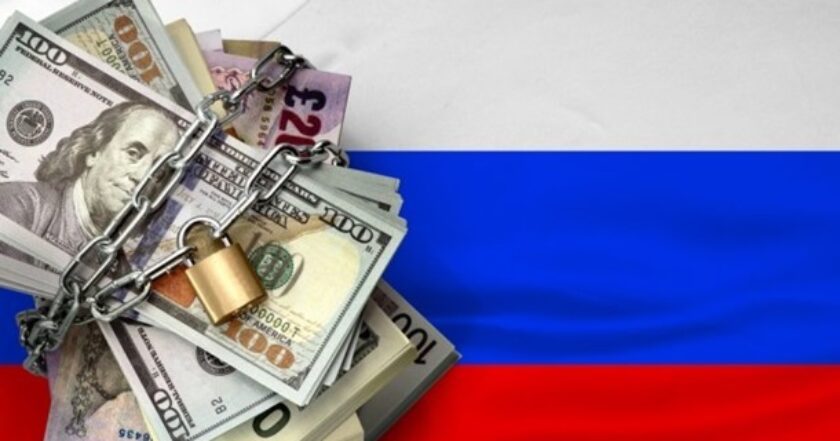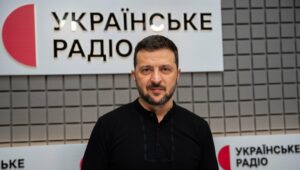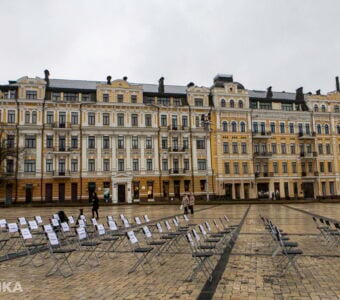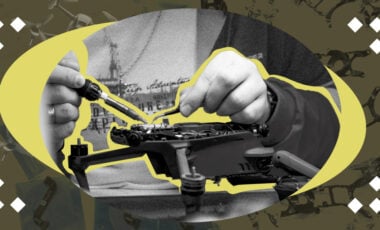Germany opposes transfer of Russia's assets to Ukraine fearing new lawsuits for World War II — WSJ

Photo: Shutterstock.com
Berlin opposed the intentions of the United States to withdraw frozen Russian assets worth $300 billion for the reconstruction and military support of Ukraine. Germany fears the confiscation could set a precedent and lead to new lawsuits against their country for World War II crimes.
The Wall Street Journal writes about it, Rubryka reports.
For decades, Germany faced demands for further reparations after World War II, sometimes worsening relations with neighboring countries. After the war, Berlin paid reparations, as well as more than $90 billion to Holocaust survivors and their families.
However, recently, there have been renewed calls for further reparations. In particular:
- since 2019, Greece has demanded more than $300 billion,
- and in 2022, Poland demanded to receive $1.3 trillion in compensation.
Italian courts also issued payments to the families of victims of the occupation, and some courts even tried to seize German state assets in Italy. For this, Germany filed a complaint against Italy to the International Court of Justice of the United Nations.
"Berlin argues that international law prohibits individuals from suing states in foreign courts and that state assets are protected from seizure. Violation of this principle in the case of Russia would undermine Germany's long-standing legal position," the WSJ writes, citing unnamed Berlin officials.
In addition, Germany argues that Russian assets should be left intact to use them as leverage in any negotiations to end the war and induce Russia to cede occupied territory. At the same time, Berlin supported the use of surplus profits from assets to finance Ukrainian weapons.
According to the WSJ, lawyer Bart Szewczyk, who previously advised the European Commission and worked at the International Court of Justice, said Germany's concerns about setting a precedent for reparations cases are unfounded.
However, according to German officials, Chancellor Olaf Scholz "doesn't want to take any risks." One of the unnamed officials said the move could allow other European capitals to make claims about slavery and colonialism.
The media notes that Paris, Rome, and the European Central Bank are also concerned that the seizure of reserves will hit international confidence in the euro and single-currency.
At the same time, the G7 countries are divided on whether to confiscate Russian assets. For example, Japan, which faces its own reparations demands from South Korea and other neighbors, opposes the move. Nevertheless, Japan has assured that it will continue to discuss this issue with its G7 partners.
Frozen assets of the Russian Federation
We will remind that since the beginning of the full-scale invasion of the Russian Federation into Ukraine, Western countries have frozen more than $300 billion of Russian assets.
Due to legal and reputational risks, confiscating them has not yet been possible. However, the US and the G7 countries are considering several options.
Before the June summit, the G7 countries plan to discuss the US idea to confiscate income from Russian assets in favor of Ukraine.
What is known about the transfer of profits from confiscated Russian assets to Ukraine
On February 24, the Group of Seven (G7) countries issued a statement in which they confirmed that they would keep frozen Russian assets in their jurisdictions until the end of Russia's full-scale war against Ukraine.
On February 28, President of the European Commission von der Leyen suggested that the European Union consider the possibility of using profits from frozen Russian assets for the benefit of Ukraine, particularly for the purchase of military equipment.
It should be added that the European Union has prepared a legislative proposal, according to which Ukraine will start receiving profits from the blocked assets of the Russian Central Bank already in July: the funds will be directed to the supply of weapons and the development of the defense industry.
We will remind that the Parliamentary Assembly of the Council of Europe on Tuesday, April 16, called for the transfer of frozen Russian assets for the reconstruction of Ukraine.




















































